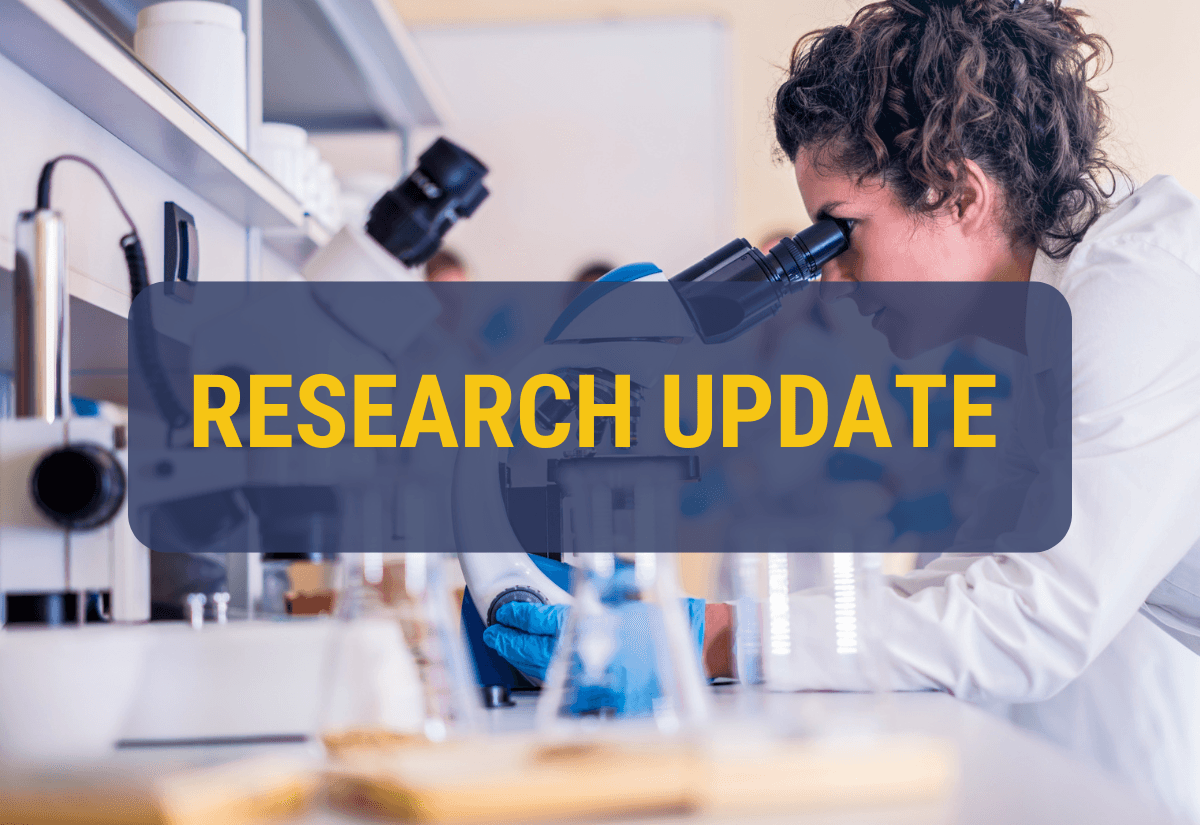
On September 16, 2024, AAVantgarde announced that the first participant received a dose in the Phase 1/2 LUCE-1 clinical trial for vision loss caused by Usher syndrome type 1B.
AAVB-081 is an investigational gene therapy that is given via an injection in the back of the eye in the space just behind the retina (subretinally).
The goal of the LUCE-1 trial by AAVantgarde is to learn if AAVB-081, is safe to treat retinitis pigmentosa (RP) in participants with Usher syndrome type 1B (USH1B). USH1B is caused by mutations in the MYO7A gene. This trial will also look at how well the participants tolerate any potential side effects.
Adeno-Associated Virus (AAV) is a small virus used as a vector - or a carrier - to deliver genes into cells. The MYO7A gene is too large to fit inside a standard AAV vector. AAVB-081 uses a proprietary “dual-AAV technology” (or two AAV vectors) to deliver a functional copy of the MYO7A gene directly into retinal cells. Once at its final destination, the two parts are able to combine back into one whole working gene.
This process worked well in animals. This trial is the first to test this innovative approach in humans. Prof. Francesca Simonelli is leading the study. There will be multiple trial sites for LUCE-1 study.







